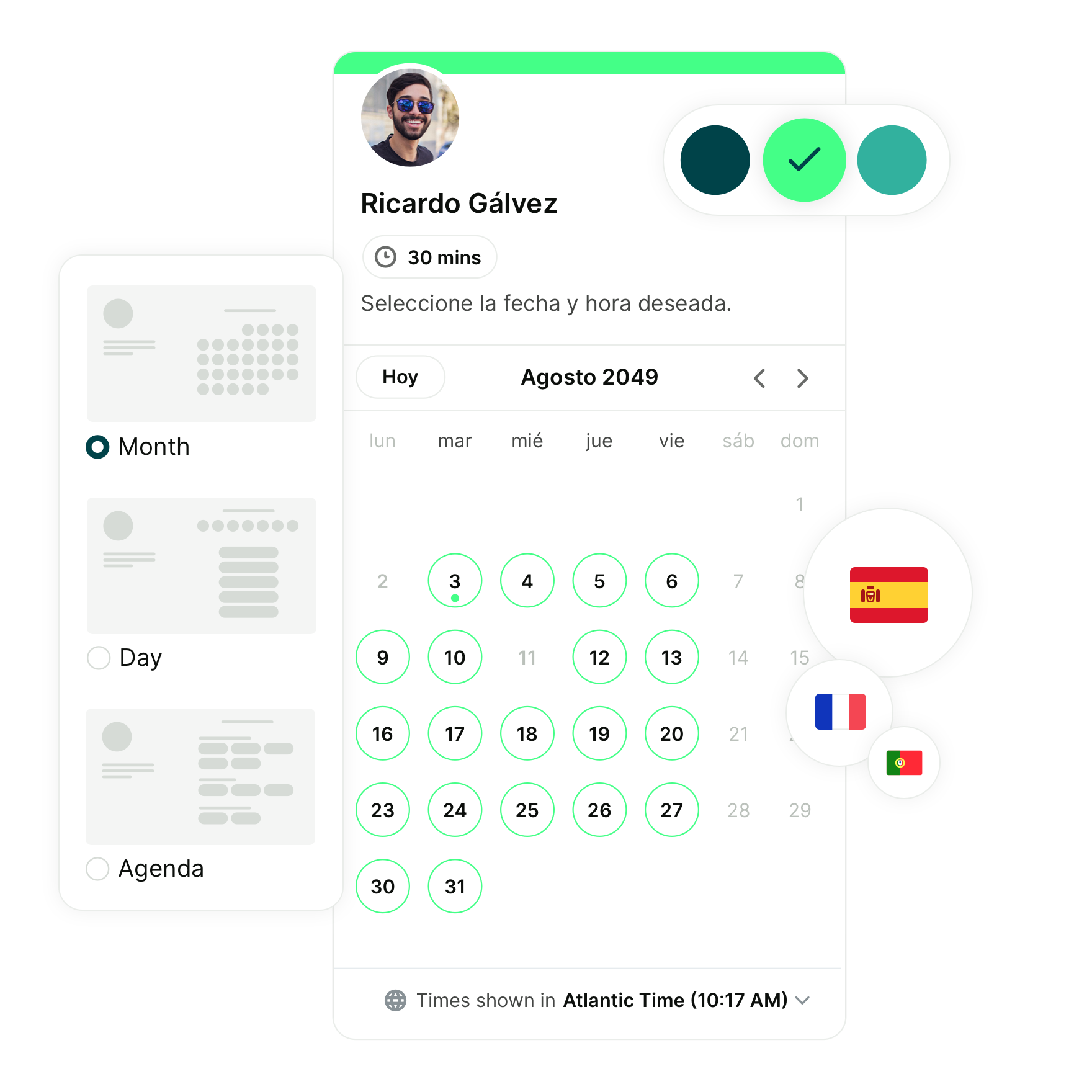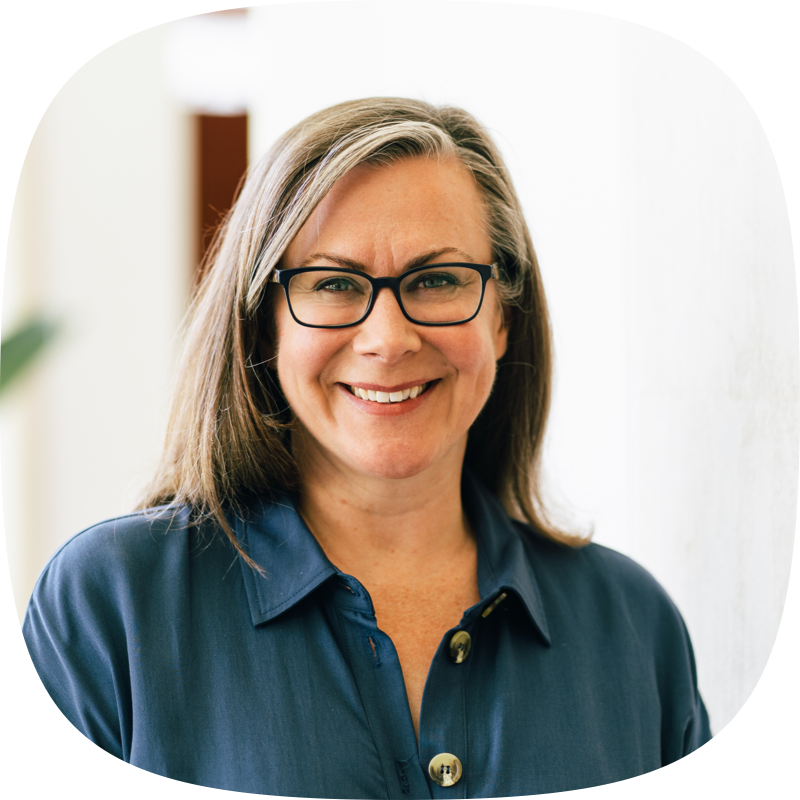How to hire without hurting
Hiring. What a nightmare. Everyone we speak to in our community of tech startups wants to know how to do it better.

Bridget Harris

Ready to book more meetings?

We all have our stories, the scars on our back, the triumphs, the tragedies.
It's so human! That's why it's so tricky. It's like the personal discovery journey none of us ever wanted to go on.
At YouCanBook.me I've learnt lessons quickly and repented even faster.
At YouCanBook.me I've learnt lessons quickly and repented even faster.
But there are a few things that have come through all this experience of hiring over a period of six years and which have proven to be the unforgettable lessons of how we've hired at YCBM.
Point 1. You need to know who you are.
A few years ago we wrote a culture doc called 'who we are.'
We wanted to be able to describe ourselves, largely because we struggled with how we wanted things to be.
And we definitely struggled to communicate that to our team.
We didn't have the same kind of laser focus on the company that we had on our product and technologies. We, naively, assumed it would be obvious the way we wanted to work together.
It just isn't.
Culture is something that is a part of you whether you like it or not. Our culture doc has been our north star ever since, and we refer back to it for many decisions we now make about people and the way we work.
Point 2. You need to know how you like to work.
The temptation, especially when you are sifting through many 'qualified' applicants, is to think you are going to change your working practices to suit them, or vice versa.
Neither will happen.
If you are a remote scrappy start-up, and an enterprise mover and shaker comes along, you will never get the best out of them, and they will never know how to succeed.
For us, we are remote-first, we are bootstrapped and we like small. This means we want to run a tiny company.
These criteria don't suit many many people who otherwise would be fabulous employees for a different setup.
You will be wasting your time if you don't filter early for that fit, which means you need to refer back to point 1 often.
Point 3. You need to be brutal about saying no. You need the courage to say yes.
It goes against the grain to be impolite to people – at YCBM we're British after all. The best we can usually do is say 'sorry, maybe next time,' when we actually mean 'not in a million years even if my knuckles were being boiled in a pot of burning eels until I said yes.'
But much more depressing, is the many applicants I see who assume they will be treated like a cog, and they apply to us hoping we will pick up their vanilla cog to fit in to our vanilla job.
So no has to mean no, with very few exceptions. It becomes easier and easier to say no when you realise this.
It's no if the one thing you demonstrate in your application is willing only to invest a minute in filling in a form, rather than thoroughness and curiosity.
It's no if you ignore everything we've said in our advertisements.
It's a no if Twitter has suspended your handle.
It's a no if your 'side project' is an app that calculates for the amount of annual leave someone can combine with weekends and public holidays to maximise time off from work. Really. That's really a no.
But much more depressing, is the many applicants I see who assume they will be treated like a cog, and they apply to us hoping we will pick up their vanilla cog to fit in to our vanilla job.
It feels like the whole system of recruitment and hiring in the tech industry has become a conveyor belt of generic CVs, generic skills, generic uploads, 'hiring managers' and low expectations.
Cog language for cog jobs.
Maybe the app to maximise time off from that is a good idea after all.
No is easy. What is actually much harder is when to say yes.
So back to points 1 and 2.
Point 4. How to get to yes
The hiring process is obviously going to be different depending on the scale and time-constraints of each company.
YouCanBook.me's hiring process is a function of 'who we are' and 'how we like to work.' Therefore we hire slowly, we try and maximise what we can do as a small team.
Some call this 'hire when it hurts' and I think I half believe in that.
I don't want to wait until our team is actually stressed (which has happened and it's not fun), but equally, I want to hire only when we are hungry to achieve and realise we need more rowers in the boat to get there faster.
This topic is a whole article in itself. Here's my TLDR on the most valuable lessons we've learnt along the way:
1. Be present at networks / conferences / events / sponsorship where, by getting our YCBM brand out there, we also raise our profile among potential job-seekers. We invest in our story, in who we are, and we show it off, because it means something to us.
2. Advertise on a wide range of job boards / communities from the tech world who can reach into every network. Obviously.
3. Use good systems to handle filtering and shortlisting: We use Typeform for surveying, BambooHR for our ATS, YouCanBookMe for scheduling interviews.
4. Remove unconscious bias by using blind shortlisting throughout the entire process.
5. Thoroughly vet social media background info on candidates (not checking what someone blogs about before making them an offer is a 101 error, and we've nearly done it a few times).
6. Actively gather references. When I say active, we ask for 6 people, co-workers, and former managers to fill out a Typeform asking for ratings on how their colleague likes to work, a sort of simple, anonymous 360.
7. Be cautious about any permanent offer beyond the probation period, until you've had proper face-to-face time to work with them, particularly for remote hires. We've found this has given us completely different insights into how well the person will fit into points 1 & 2 than anything else.I think the final, slightly sad point, is you can still do all this and end up with the wrong hire – and all the best advice is you have to be decisive as early as possible to give the employee a chance to move on and find a role that will suit them better.
Don't ever drag your feet on what was, essentially, your poor decision in the first place. And be generous with what severance / health insurance extension you can make in the meantime.
So that's it. How to hire without hurting.
- Know who you are
- Know how you like to work
- Know how to say no
- Get the process right
Great references and resources we've relied on along the way:
1. The Basecamp founders, Jason Fried and David Heinemeier Hansson are famously opinionated about running their company, where you should only 'hire when it hurts' or at least aim to keep staffing numbers down
2. Mikey Trafton has spoken at a couple of Business of Software Conferences on the same topic which is how to get culture + hiring right
3. Writing 'Who We Are' in 2013 became the most important piece of work we did to help us hire better - our northstar for culture and fit.
4. 'Hire. No hire.' is Joel Spolsky's eternal advice when thinking about filtering candidates.
5. There is no excuse to simply advertise on stackoverflow and hope for the best that you're going to get a diverse set of applicants. You're not. Read this.
6. We have made a bit of an effort to create an attractive jobs board / company page which some easter eggs in there that occasionally people spot. Getting nice photos done of your team go a long way to show what working for you would really feel like for someone
7. I have spoken more at length on this topic at the lovely Business of Software Conferences, first in Europe, 2016 and last year at BoS Boston, 2018 Enjoy!Subscribe to our newsletter
Get productivity tips, news, articles and resources.
Written by
Bridget Harris
Bridget is the co-founder of YouCanBookMe. She believes passionately in the power of technology to solve any problem. Bridget credits her earliest jobs, working in a pub and busking with her fiddle in the London Underground, with teaching her everything she needed to know about the risks and rewards of being an entrepreneur.

